Vegan meringue pie with cranberry
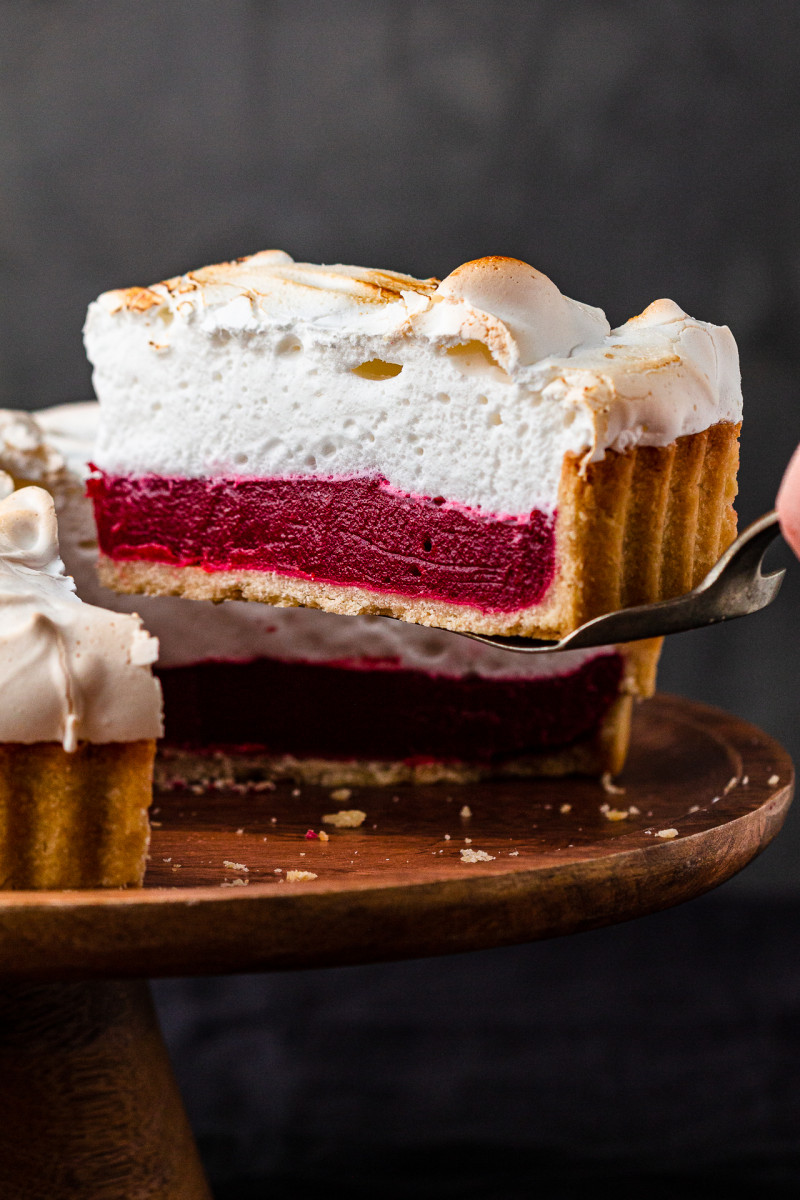
As American Thanksgiving is less than a week away, I thought I would prepare a show-stopping dessert with this cranberry loving nation in mind – vegan meringue pie with cranberry! It features a delightful contrast of sweet and sour, it has a hint of winter spices and it’s beautiful to look at too. It will certainly make an impression on your guests, I promise!
This vegan meringue pie is a festive twist on a much loved classic – lemon meringue pie (recipe here if you are into lemons more than cranberries). Since cranberries are naturally incredibly sour, I figured they will be a perfect flavour contrast to the sweet meringue that is a must for a vegan meringue pie.
As I wanted this pie to taste like Thanksgiving (or Christmas), I flavoured the curd component with a lot of orange zest, some orange juice, vanilla, cinnamon and ginger too. I really love the end result, it’s not too overpowering, but it’s certainly there. If you wanted something even more reminiscent of mulled wine, feel free to add cloves, a bay leaf, perhaps a star anise, some crushed cardamon pods and a couple of all spice berries too.
As I realise that Thanksgiving is a logistically difficult operation with so many, often complicated, dishes needing to be prepared all at once, this pie certainly allows you to get ahead as far as most of the components are concerned. The only thing I would recommend not making ahead is the meringue part. As with egg-based meringue, plant-based one also tends to wick moisture out of the atmosphere and weep so bake it on the morning for best end result.
SHORTCUTS (to speed things up)
1) make the curd 1-3 days ahead, refrigerate;
2) make the pastry a day ahead, line the tin with it but bake on the day to keep it as fresh as possible;
3) instead of baking the meringue until crispy, simply toast it lightly with a chef’s torch (like this) or under a broiler for only a few minutes.
MORE ABOUT THE INGREDIENTS
CRANBERRIES – I used fresh cranberries to make the curd for this vegan meringue pie, but if that’s not available to you, you could also use frozen. 500 g (17.5 oz) of cranberries equals 4 slightly heaped cups so that’s how you know how much frozen cranberries to use. You could also possibly use cranberry jelly, but as it already contains sugar and differs between brands too much, the recipe will need some serious tweaking so unless you are good at that kind of thing, seek out fresh or frozen cranberries for this vegan meringue pie.
ORANGES – Cranberries and oranges belong together so I flavoured the curd with a large amount of orange zest (2 oranges), although feel free to dial that down if you prefer or use one lemon and one orange for a slightly different flavour profile. I also used orange juice to add natural sweetness to the curd. You will need two navel oranges for this.
SPICES – To give the curd a hint of festive flavours, I added some vanilla, ginger and cinnamon to the cranberries. You could go further by adding ground cloves (fishing whole cloves out is a pain), a star anise, a few crushed green cardamom pods and perhaps a few all spice berries too. All these spices will infuse the curd with beautiful festive flavour.
SUGAR – sugar is integral, not just to taste, but the structure of this dessert – both the curd and the meringue rely on sugar for its structure so please do not be tempted to reduce unless you know what you are doing and accept the risk (I do not want to hear that it did not work afterwards 😉 , okay? ). Caster (also known as castor or superfine white) sugar is used in both instances and that’s the only sugar I tested with. You can get away with using coarser sugar in the curd but certainly I would not recommend doing that in the meringue. Small particles mean that it can dissolve fully during the whipping process, otherwise your meringue won’t work or will be gritty and unpleasant to eat at the very least.
VEGAN BUTTER – vegan butter is used both in the pastry and in the curd and what you need here is vegan butter that comes in a block (often called vegan block, in fact). I used Violife brand. In makes the pastry nice and tender and ads richness to the curd and helps it keep its shape. You can substitute with coconut oil, I always recommend using odourless one to keep the flavour profile coconut-free.
FLOUR – I used plain flour to make the pastry for this vegan meringue pie, but you can also make this dessert gluten-free if needed. To do that simply use a well balanced gluten-free flour mix and a smidge of xanthan gum to help with binding. Rather than rolling gluten-free pastry, I personally find it easier to scatter it in the tin and then mould it to the interior of the tin with my fingers.
CORNFLOUR / CORNSTARCH – cornflour (or cornstarch for the US readers) is a thickener that is key in thickening the curd as well as in stablising the meringue. Theoretically, you could try using tapioca or potato starch instead, but I have not tested with either of those so cornflour is the only one I can recommend with 100% certainty.
AQUAFABA – that’s right, here I go again with my favourite bean juice (I love working with it as may you know by now). I used aquafaba from homecooked chickpeas as I always cook chickpeas but you can also just open a tin or a jar of chickpeas and use the brine. Make sure all your utensils, bowl and hands are spotlessly clean as aquafaba and grease hate each other like cats and dogs (that actually is not true as exemplified by numerous ‘my cat and my dog are BBFs’ videos but you know what I mean 😉 ). To banish grease, use a glass or metal bowl and wash your whisk attachments in soapy hot water carefully.
XANTHAN GUM – those of you who bake gluten-free will be already familiar with this ingredient as it’s one of the binders used in gluten-free pastry and dough. It also happens to improve the lifespan of a vegan meringue and stop it from deflating after baking so I really recommend adding it to your whipped meringue. I kept this pie in a tupperware box, out of the fridge overnight and the meringue kept its shape and did not weep or deflate for an entire next day.
USE SCALES – pastry work needs precision so I strongly recommend using scales instead of measuring by volume, which is inherently imprecise and may lead to a disappointing outcome. I give US measurements as people ask for them but they are approximations only and when it comes to making desserts like this one being accurate is key.
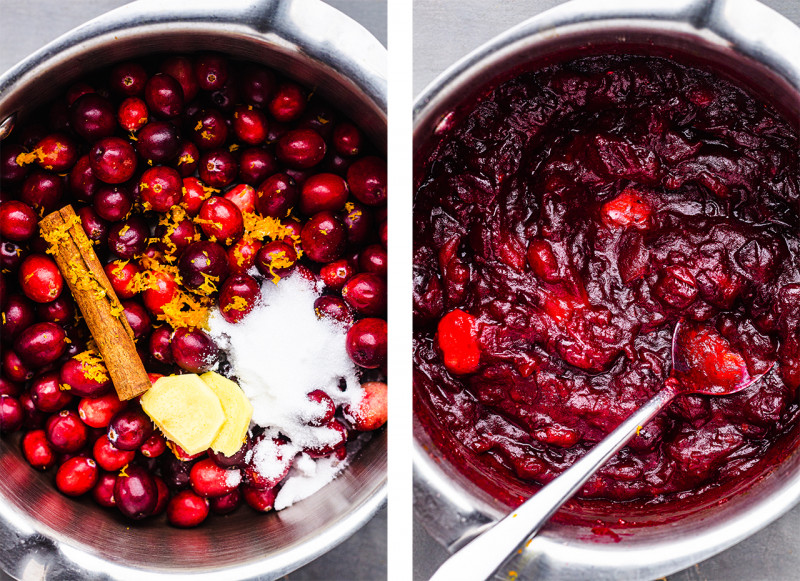
To make the curd, combine all of the curd ingredients, except for vegan butter, in a medium-large size pot. Simmer on low heat, stirring frequently, until cranberries break up and the mixture resembles jam – about 10 minutes. Take off the heat, fish out cinnamon sticks and add vegan butter to the hot mixture. Stir it into the hot mixture with a spoon.
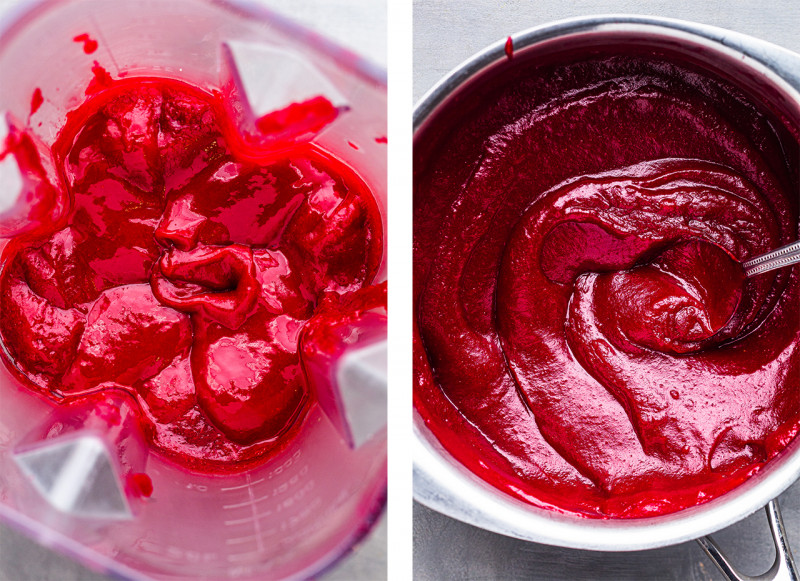
Transfer the mixture to a large blender and blend until smooth. If making the curd ahead – which is what I recommend – transfer the mixture back to the pot, cool and refrigerate until ready. You may want to warm it up a little before you fill the pie so that the filling is evenly distributed within the pastry case.
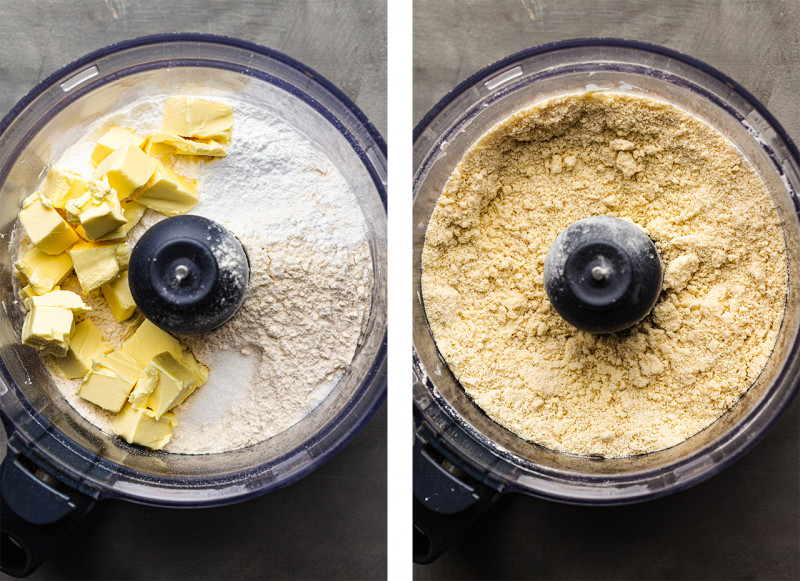
Make the pastry by combining all the ingredients, except for water, in a food processor and pulsing a few times until the mixture resembles breadcrumbs. Then trickle in cold water while pulsing to moisten the dry ingredients just enough so that they can form a dough. If making the pastry by hand, you are likely to need more water but add it gradually in incremental amounts.
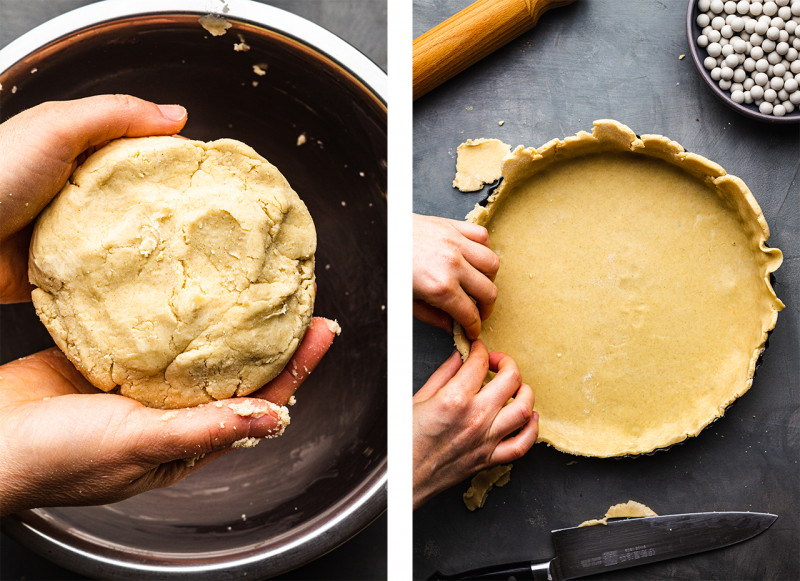
Remove the mixture from the food processor and form the pastry into a disk, wrap in cling film and chill for at least 60 minutes. Once ready to bake, roll it out on a lightly floured surface until 2-3 mm in thickness. Line a pastry tin case with rolled out pastry, making sure it’s neatly tucked into all the nooks and crannies
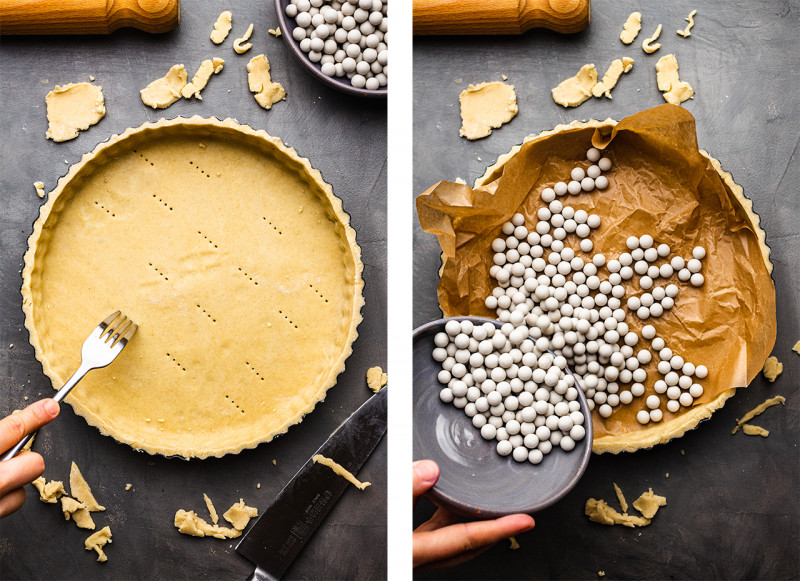
Cut off excess pastry with a sharp knife and patch up any holes with excess bits. Prick with a fork and chill again before blind-baking. Line the inside of the pastry case with a large piece of crumpled baking paper and weigh it down with baking beads (dry beans or rice). Bake until no longer raw, removing the paper and the beads at roughly a half way point.
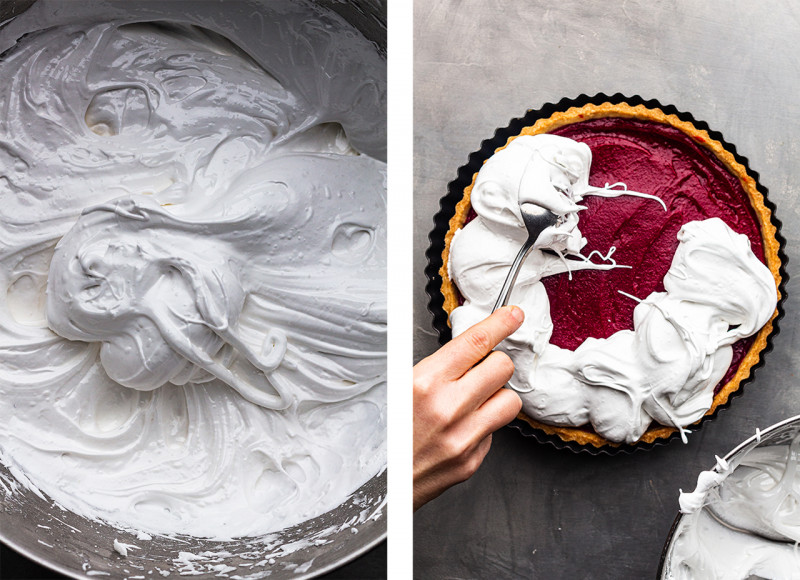
Once you pile the meringue onto the pie, use a spoon to make decorative swirls all over. Bake the pie and then allow it to cool COMPLETELY before cutting up (5 hours approximately). Using an ice-pack wrapped in a kitchen towel underneath the pie helps! Alternatively, toast the meringue using a chef’s torch (or put it under a broiler for only a few minutes) and cut it up staight away. This works if instead of pre-baking the filling, you chill it in the pastry case for a couple of hours.
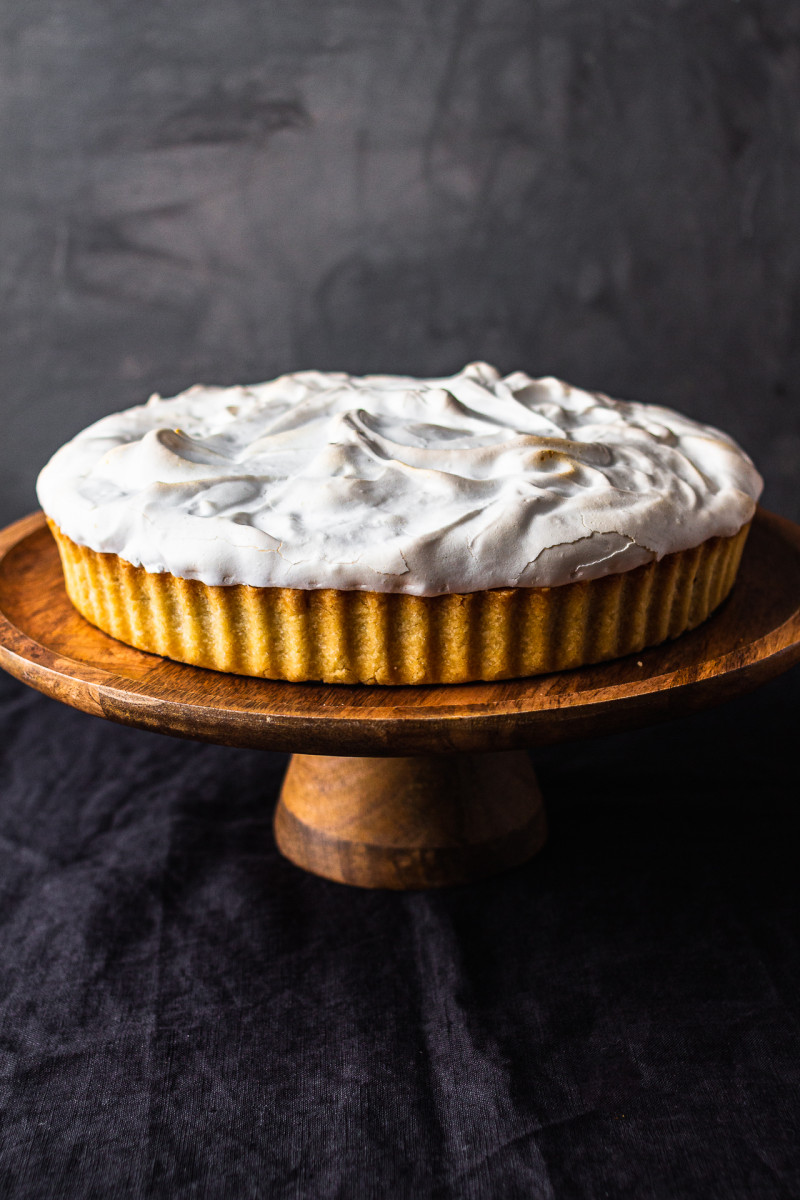
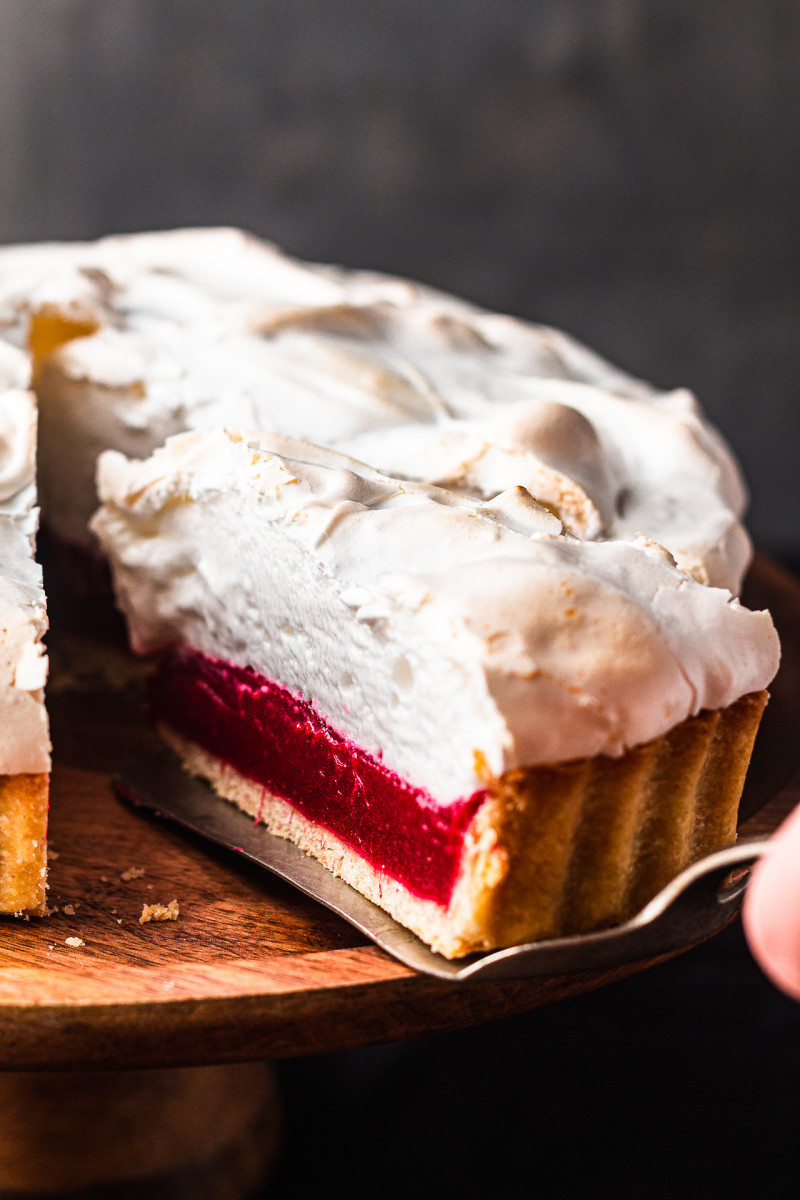
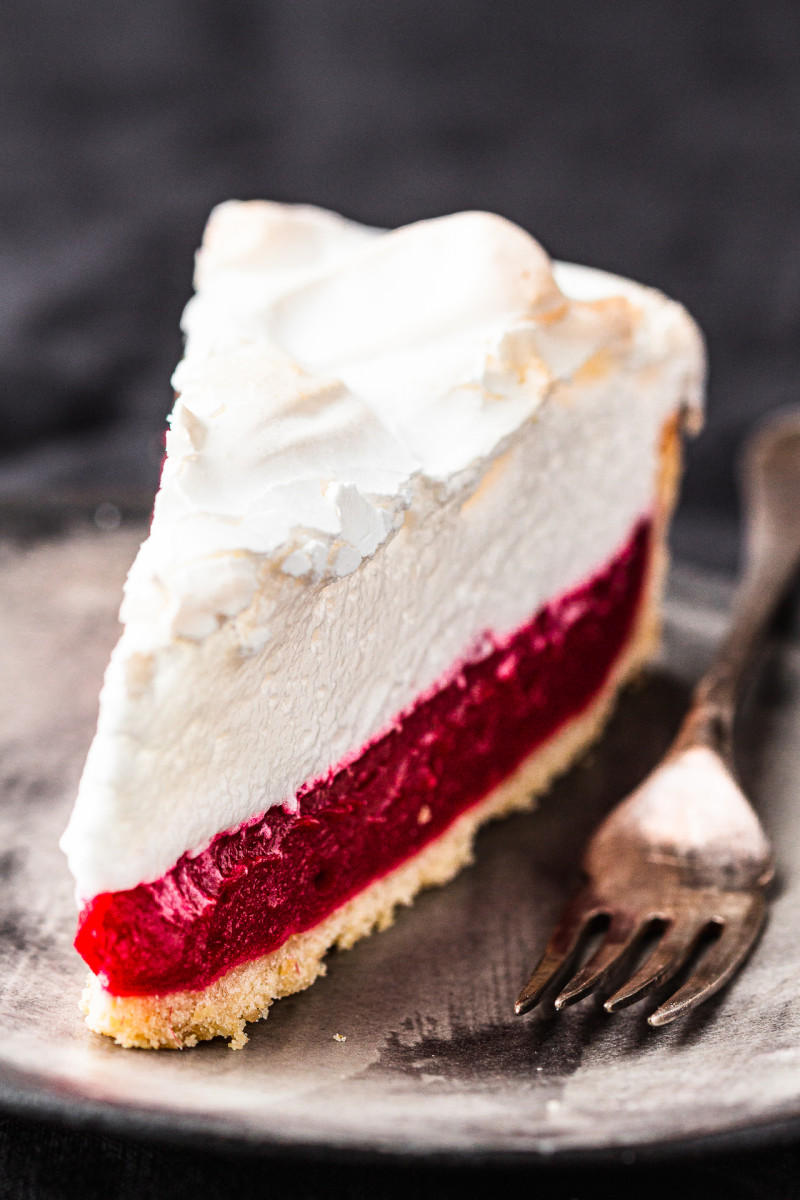
- 250 g / 2 cups white all purpose flour or GF plain flour mix
- 35 g / 3 tbsp icing or caster / superfine sugar
- ½ tsp fine sea salt
- 2 tsp xanthan gum (only for GF pastry)
- 120 g / 4.25 oz cold vegan butter*
- approx. 60 ml / 4 tbsp ice cold water
CRANBERRY CURD FILLING
- 500 g / 17.5 oz (approx. 4 cups) fresh (or frozen) cranberries
- 225 g / heaped 1 cup caster (or any) sugar*
- 15 ml / 1 tbsp vanilla extract
- 2 sticks of cinnamon
- 2½ cm / 1 inch ginger, peeled & sliced thin
- pinch of fine salt
- zest of 2 oranges
- 240 ml / 1 cup fresh orange juice
- 100 g / 3.5 oz (approx. ½ cup) vegan butter* – I used Violife
- 16 g / 2 tbsp cornflour / cornstarch
MERINGUE
- 180 ml / ¾ cup aquafaba (homemade or from a can/jar of chickpeas)
- ½ tsp cream of tartar (or 1 tsp lemon juice)
- 250 g / 1¼ cup caster / superfine sugar
- 8 g / 1 tbsp cornflour / cornstarch
- ¾ tsp xantham gum (see NOTES)
- Place flour, sugar, salt and xanthan gum (only if making a GF pastry) in a food processor. Pulse to combine.
- Add chopped up vegan butter. Pulse a few times, until your mixture looks like breadcrumbs.
- Slowly add iced water through the chute while pulsing the mixture. If making the dough by hand, you are likely to need a touch more water.
- Transfer the mixture onto a work surface. Using your hands, bring it together and form into a disc – it should nicely stick together, if it’s still too dry and crumbly trickle in 1 tsp of cold water at a time. Handle as little as possible and do not knead.
- Wrap the pastry disc up in cling film and chill in the fridge for at least 60 minutes. Make cranberry curd while you wait.
- Remove the pastry from the fridge and roll it out on a lightly floured surface until you get a circle large enough to cover your entire tart case, about 2-3 mm in thickness.
- Place the rolled-out dough over a tart case and gently line the inside of it using your fingers. Tuck the pastry in well, ensuring that it fits snugly into all the nooks and crannies. Trim the excess pastry with a sharp knife and patch any holes/or thinner bits with the cut-off excess. If making gluten-free pastry (which tends to be more crumbly), you may be better off placing the crumbled pastry in the tart case and simply moulding the pastry with your hands to the shape of the tart tin.
- Pierce the bottom of the pastry with a fork in a few places and chill the pastry lined tart case in the fridge for another 30 minutes. You can also just leave it in the fridge overnight if making ahead
- Meanwhile, preheat the oven to 180° C / 355° F (160° C / 320° F with a fan setting). Line the pastry case with a large piece of crumpled baking paper and fill with baking beads (or dry beans) for a blind bake.
- Blind bake the pastry for 15 minutes. Remove the paper and beads and bake for another 10 minutes – until cooked and pale golden. Keep the oven on.
CRANBERRY CURD FILLING (make a day ahead for easier assembly)
- Place the first 7 ingredients (up to and including zest) in a medium size pot. Add all of the orange juice apart from 2 tbsp (30 ml).
- Simmer everything gently, stirring now and then, until cranberries break down, soften and the mixture resembles a jam (about 10 minutes). Switch the heat off and add butter to the hot mixture. Stir it in well.
- Dilute cornflour / cornstarch in the orange juice you saved.
- Remove cinnamon sticks from the cranberry mixture and transfer the mixture to a blender, add diluted cornflour / cornstarch and blend until smooth.
- Fill prebaked pastry with the curd. If the edges of your pastry case are already brown, protect them with a strip of tin foil first. Bake for approx. 15 minutes at 180° C / 355° F (until there is some surface tension when gently poked with a finger).
MERINGUE
- Allow the filled pie to cool until only a bit warm, then preheat the oven to 150° C / 300° F (130° C / 265° F with a fan setting) and start on the meringue.
- Combine aquafaba and cream of tartar in a spotlessly clean bowl – even a trace of grease will inhibit aquafaba from reaching stiff peaks.
- Whisk on medium speed until you reach stiff peaks (when you invert the bowl, whipped aquafaba should stay put). Depending on your equipment, it may take around 8-10 minutes (it does for me and I have an old handheld whisk).
- This bit is tedious, but necessary! Start adding sugar in 1 tbsp increments whipping well (going around the bowl if you have a handheld whisk) and slowly counting to 20 after each addition. I know, but trust me! By the time you’ve added all of the sugar, the mixture should not feel gritty – if it does, carry on whipping a little longer.
- Once all the sugar has been added, sprinkle in cornflour and xanthan gum while the whisk is going. By this point you should have a glossy, thick meringue mixture that needs to go on the pie straight away.
ASSEMBLY
- Dot spoonfuls of the meringue on top of the lightly warm (not hot as it will make it melt) pie going around the edges first. Make sure the meringue touches the crust so that a seal is created. Be careful not to leave any air pockets under the meringue as these will be hollow after baking. Once you cover the entire pie with meringue, make decorative swirls with the back of your spoon.
- Place the pie in the pre-heated oven and bake for 25 minutes. By the time you are done, the meringue should get a crispy, pale golden crust. You can use a chef’s torch to make it look more dramatic if you wish.
- Remove from the oven and place on a wire rack. Allow it to cool COMPLETELY. Placing an icepack wrapped up in a kitchen towel under the wire rack (keep the pie in the tin) will speed things up a little.
- Meringue pies are best eaten on the day, but this one kept well for 2 days, sealed away in an air-tight cake box at room temperature (not in the fridge as it will make it weep). Keep away from any source of moisture, like steam raising from cooking pots, for example. Sugar in the meringue wicks moisture out of the air making meringue go soft.
*SUGAR: You can add more or less sugar to the filling depending on how tangy you want the curd to be. I settled on 225 g / 1 heaped cup as I wanted the filling really tangy (to contrast with the uber sweet vegan meringue topping). You can use any type of sugar you want – even maple syrup, but you many want to skip orange juice of that’s the case.
*XANTHAN GUM: it stabilizes the meringue and improves the texture (makes it marshmallowy). If you don’t have it it’s not the end of the world but I recommend seeking it out – gluten-free section of a large supermarket or online is your best bet.

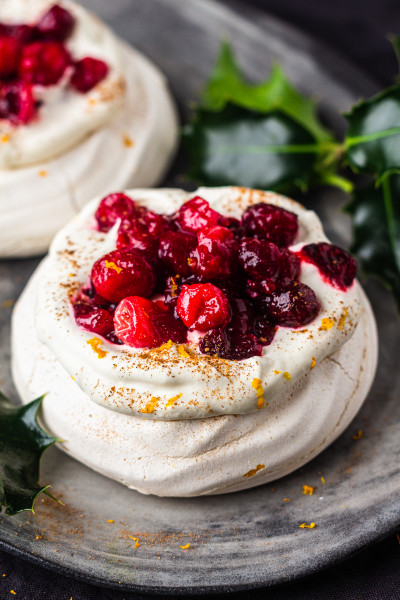
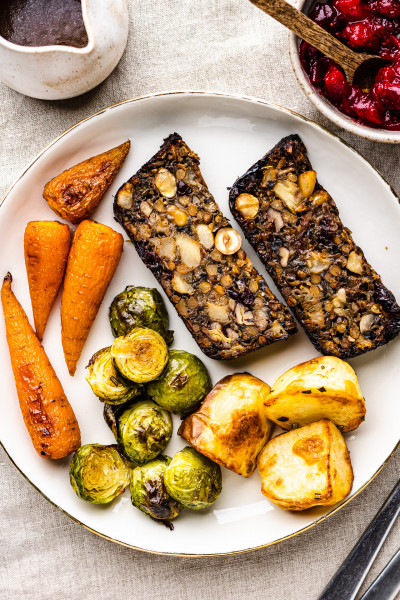
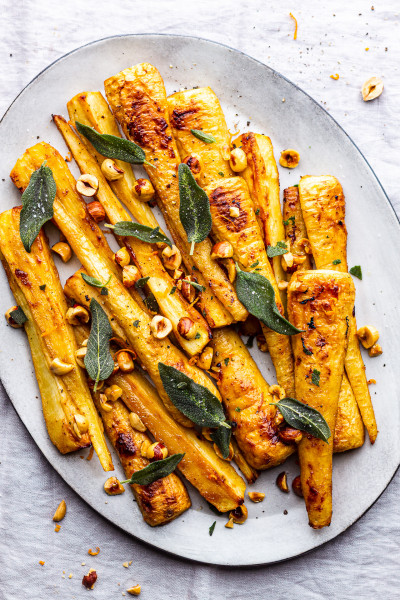
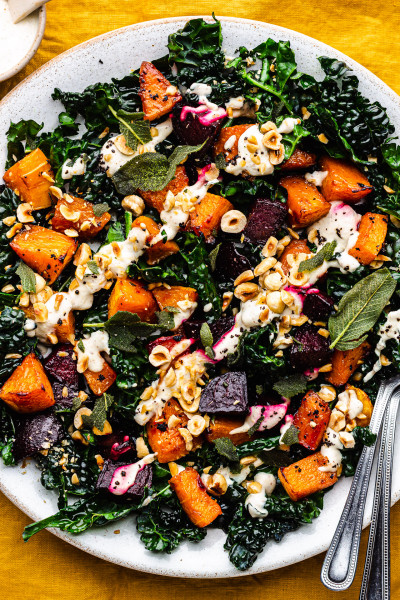
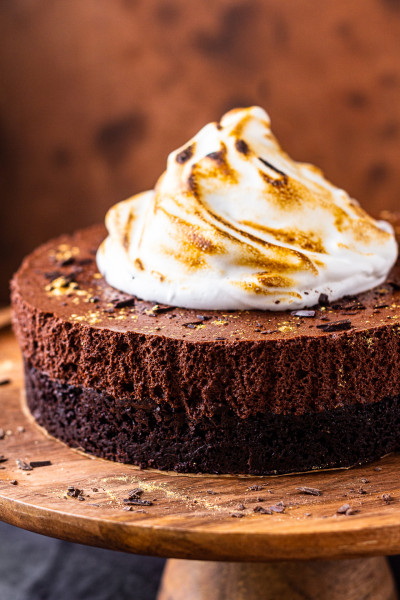
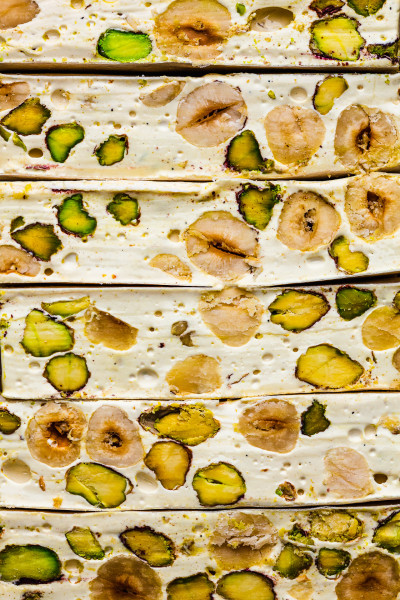
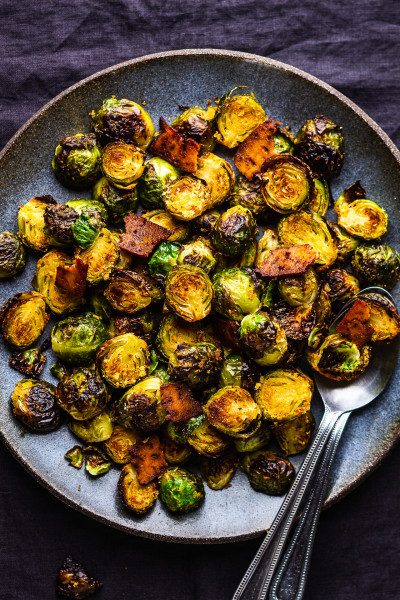
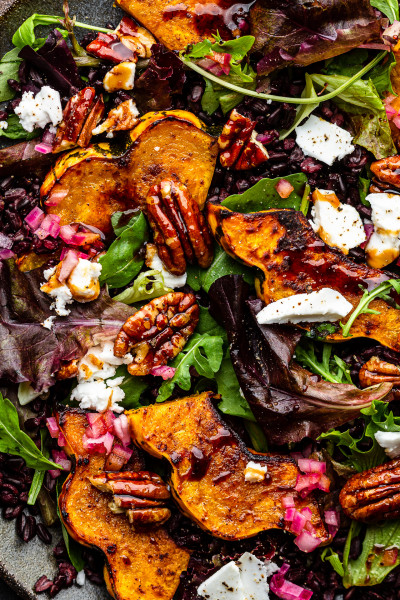
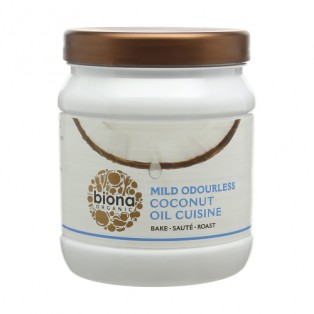
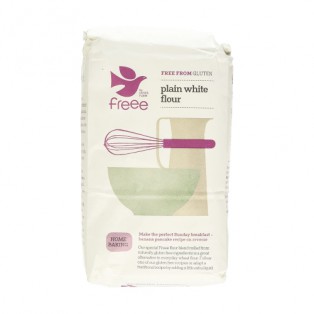
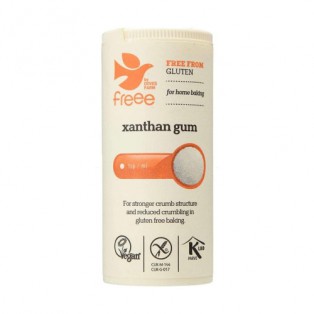
That's great to hear, I hope it will go down well. Yes, it does indeed. Just beware that toasting/broiling the meringue (rather than baking) does result in a different texture (no crispy top and marshmallowy centre) but if you are good with that then sure. As for the curd, since you are not baking it at all, let it bubble on the stove (after step 4) so that the cornstarch has the chance to activate (i.e. thicken the mixture). Hope this helps! Ania